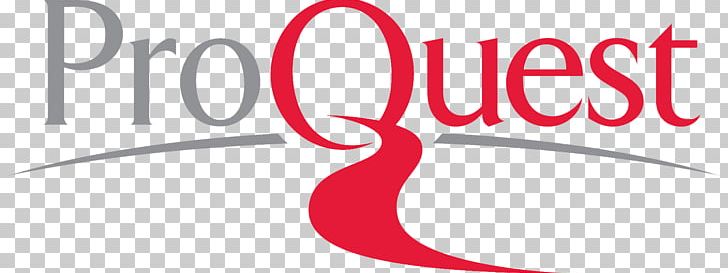Ex Libris 9 0 1 – A Library Databases
The third tab is the remote search view, used for searching the library’s external databases and e-journals. The remote search option uses the federated search functionality from Ex Libris’s MetaLib. The user can search pre-selected groups of databases, or ‘quicksets’ as they are called, based on their subject matter or type of database. Increases Usage of Library Resources and the Number of Library Users. Summon succeeds on its initial mission of bringing researchers back to the library. It also succeeds on increasing the use of journal content like no other service – with one study of 24 libraries, across over.

Ex-Libris comes with a simple and organized user interface: the main window is separated in two areas, allowing you to easily browse your database, while the top toolbar provides access to all the frequently used tools. To add a new entry all you have to do is press the “New” button placed in the top left. Ex Libris Voyager 9.1 User's Guides The user's guides linked here are the most current for each client. If a 9.1.1 user's guide isn't linked it means Ex Libris did not publish a new user's guide for the 9.1.1 release of Voyager.
Library Systems Report 2020: Fresh opportunities amid consolidation
Ex Libris 9 0 1 – A Library Databases Enables
The library technology industry took some significant turns in 2019. Ex Libris, a ProQuest company, acquired Innovative Interfaces and shifted the balance of power, strengthening Ex Libris’s position in technology for academic libraries and propelling it as a major player in public libraries. This move narrows the slate of competitors in an industry already offering few viable options for many libraries. Technology for public library automation has been mired in stagnation. It takes a substantial level of development to both maintain existing products and build next-generation technologies for the emerging realities of a given library sector. Will Ex Libris opt to invent a new platform for public libraries, as it did for academics? How it responds may shape whether we see ongoing stasis or a new phase of innovation. Consolidation can also accelerate the development of alternatives. Concern about the lack of options for academic libraries was a factor in the launch of the open source FOLIO project. This year FOLIO became more real when a library moved it into production for the first time; a cadre of major libraries is poised for implementation. Success among these early sites will shape whatever position FOLIO might hold in the next phase of academic library technologies. New product categories have begun to emerge. Many companies look beyond the library as their sole audience for development and create products targeting their parent institutions or communities. Recent efforts include tech products that support teaching, such as reading-list applications, discovery services for open educational resources, and support for application program interfaces (APIs) and protocols that connect the library with student information systems. Interest in support services for higher-education research has increased. Research information systems have been available for quite some time, but this new wave of products positions libraries as research stakeholders.
Ex Libris 9 0 1 – A Library Databases Free

Ex Libris 9 0 1 – A Library Databases Database
(American Libraries, May 1, 2020)